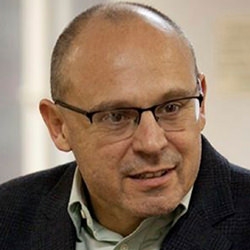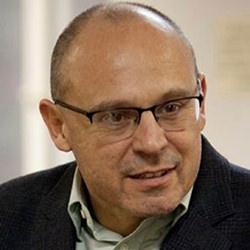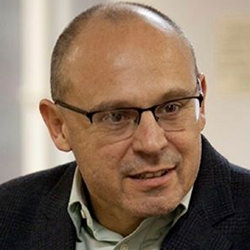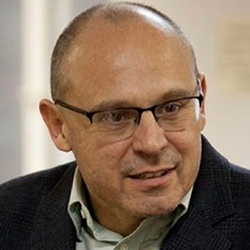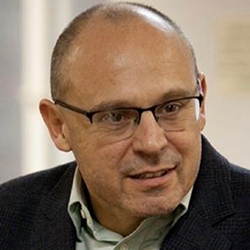

NVC Resources with Duke Duchscherer
-
In this snippet from Duke Duchscherer's course, Restorative Dialogues: Transforming Conflict, Building Community Resilience, he shares a structured approach for conflict resolution or communication facilitation. It involves a facilitator guiding a conversation between two parties in conflict. The process begins with one party expressing their perspective while the other listens actively. The facilitator then prompts the listener to paraphrase what they heard, ensuring mutual understanding. This cycle continues until both parties feel heard. Subsequently, the facilitator encourages them to discuss potential solutions collaboratively. Once both sides are satisfied, the session concludes, with participants potentially swapping roles for further practice. The aim is for everyone involved to gain experience in effective communication and conflict resolution.
-
Duke Duchscherer shares that community well-being is created by the relationships that exist within the community. He discerns two vital components: bonding connections within similar groups and bridging connections between different groups. This interplay forms what is commonly termed as social capital, a cornerstone of community vitality.
Duke says that a community's strength lies in its ability to foster connections across diverse backgrounds. This notion resonates deeply with him, reinforcing his commitment to utilizing restorative circles. These circles, with their focus on building and restoring relationships, hold the key to enhancing collective resilience and unity. He believes they represent a proactive approach to sustaining community cohesion and preventing fragmentation in the face of adversity.
-
Building relationships happens through dialogue and understanding the deeper meaning behind the words spoken. It’s about active listening that focuses on feelings and needs so you may truly comprehend the speaker’s message. In this video, Duke introduces two components of communication and how the restorative dialogue process supports mutual understanding.
-
Duke Duchscherer shares that Restorative Circles have the ability to transform relationships. Groups may start with feelings of worry, anxiety, fear, anger, and even hatred. The dialogue process supports a shift to more ease, connection, and trust.
-
Duke Duchscherer explores responding to people who are committed to a punitive process rather than a restorative process. He suggests looking for what needs are met by the punitive process. Could those needs be met in a restorative process?
-
Duke Duchscherer shares what the role of the facilitator is in a restorative circle.

Quick Links
Subscription Preferences
Stay In Touch!
Looking for ways to keep up with NVC Academy news, get special offers, free resources, or words of inspiration? Here are five ways to stay engaged:


